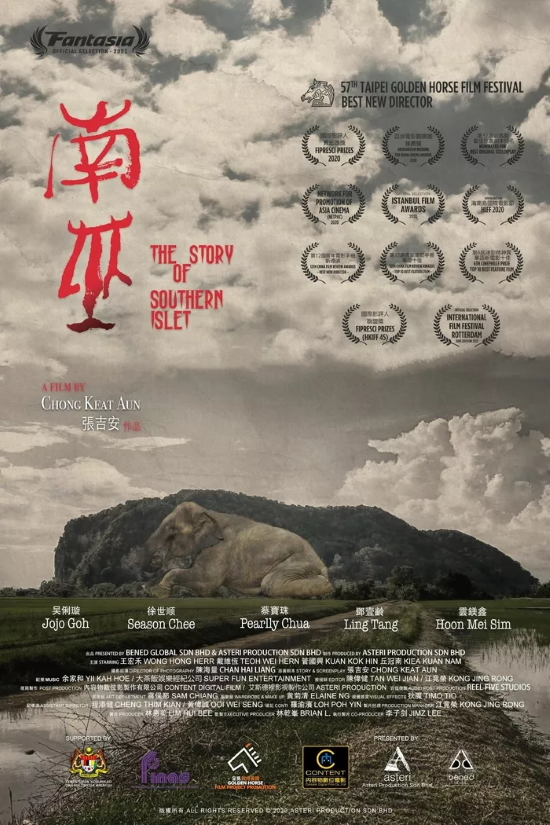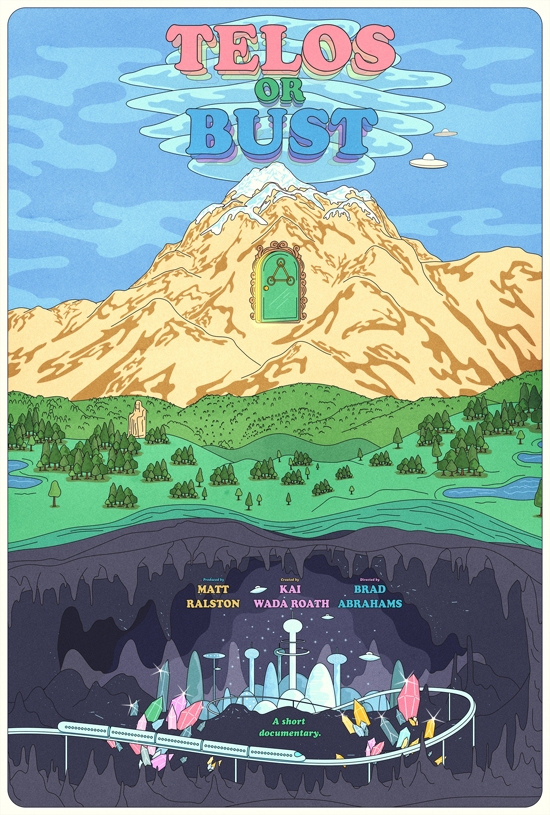Fantasia 2021, Part XLIII: Stanleyville
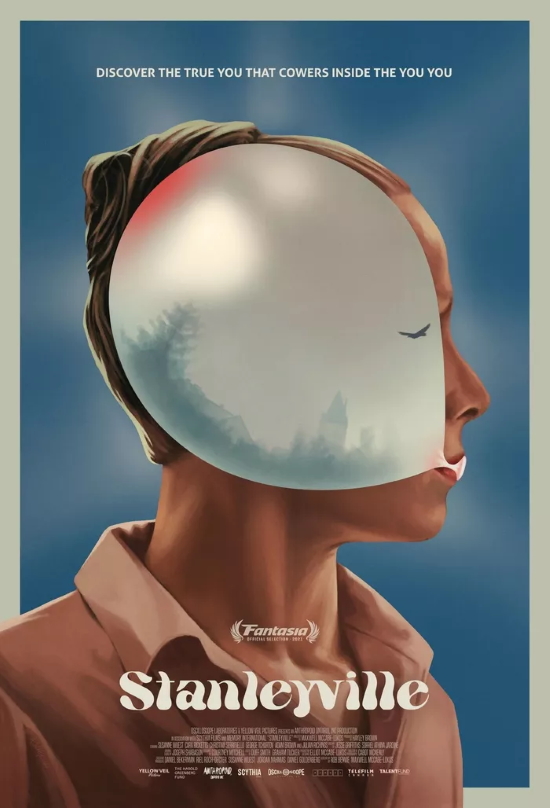 “Anita McNelson,” written and directed by Canadian Luke Whitmore, is a 15-minute suspense film about an elderly woman who finds hints that her husband is having an affair. It’s nicely shot, apparently a period film, and unfurls with minimal dialogue. It’s effective because it gets across not just the emotional situation of the characters but also a history that shapes their present situation and actions. The story’s simple but effective, though at one point it apparently depends on a conveniently-open door; and it has a final sting that at least borders on the gratuitous, as though Whitmore didn’t trust the strength of the rest of the short and had to provide a cute little bow. It’s unnecessary, because the rest of the film does work just fine.
“Anita McNelson,” written and directed by Canadian Luke Whitmore, is a 15-minute suspense film about an elderly woman who finds hints that her husband is having an affair. It’s nicely shot, apparently a period film, and unfurls with minimal dialogue. It’s effective because it gets across not just the emotional situation of the characters but also a history that shapes their present situation and actions. The story’s simple but effective, though at one point it apparently depends on a conveniently-open door; and it has a final sting that at least borders on the gratuitous, as though Whitmore didn’t trust the strength of the rest of the short and had to provide a cute little bow. It’s unnecessary, because the rest of the film does work just fine.
Bundled with it was Stanleyville, a feature-length satire directed by Canadian character actor and filmmaker Maxwell McCabe-Lokos, who co-wrote with Rob Benvie. It’s his debut feature film (after three shorts), and he drew an interesting cast, notably including Julian Richings (whose extensive body of work includes last year’s Anything For Jackson as well as 2014’s Patch Town). In a question-and-answer period (available, as usual, on Fantasia’s YouTube page) Richings talked about how McCabe-Lokos’ background as a character actor informed the structure and craft in the script, which puts a set of quirky characters in a room together and sets them at each others’ throats. You can see that craft, and what comes out of the performances; how the story hits may depend more on the viewer.
The film begins with Maria (Susanne Wuest), an office worker with a family, who one day at the mall is met by a stranger (Richings) who gives her the chance to throw that life away to take part in a contest. She’ll be locked up with four other people, and they will be given a series of contests, and the one who wins the most contests will win authentic personal transcendence. And also a new SUV. The other four people are each deeply strange, but so are the contests they’re given — blow up and pop as many balloons as they can in one minute, or write a new national anthem, or build a telecommunications device. Some of the other contestants will stop at nothing. And it looks as though whoever’s behind the game is making things up as they go. And then the contestants make contact with a voice beyond the room, and there are mysteries there as well.

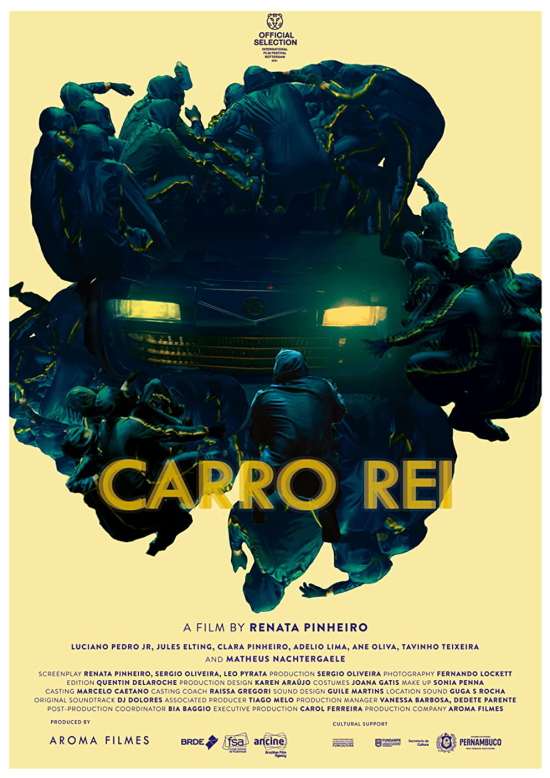
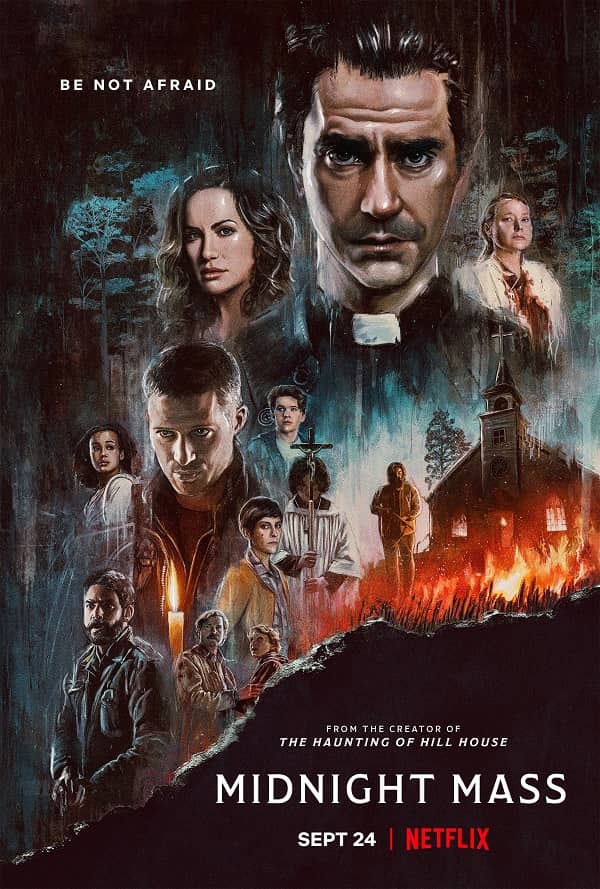
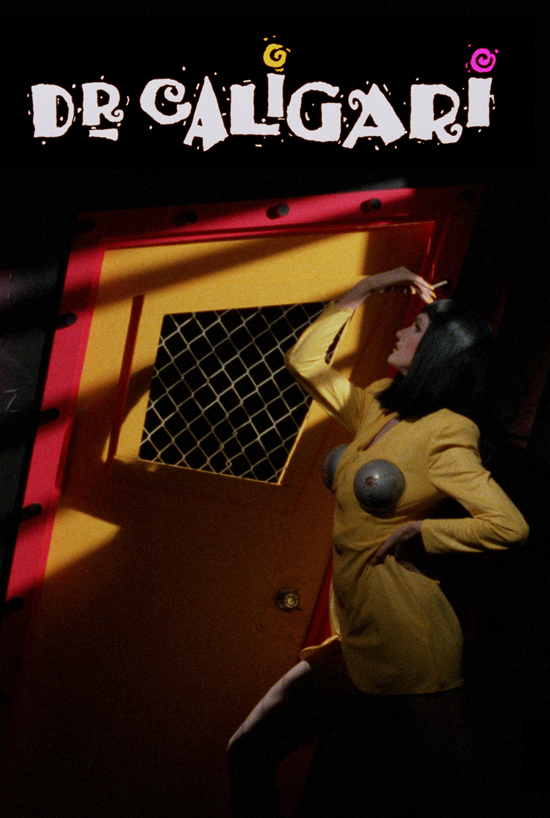
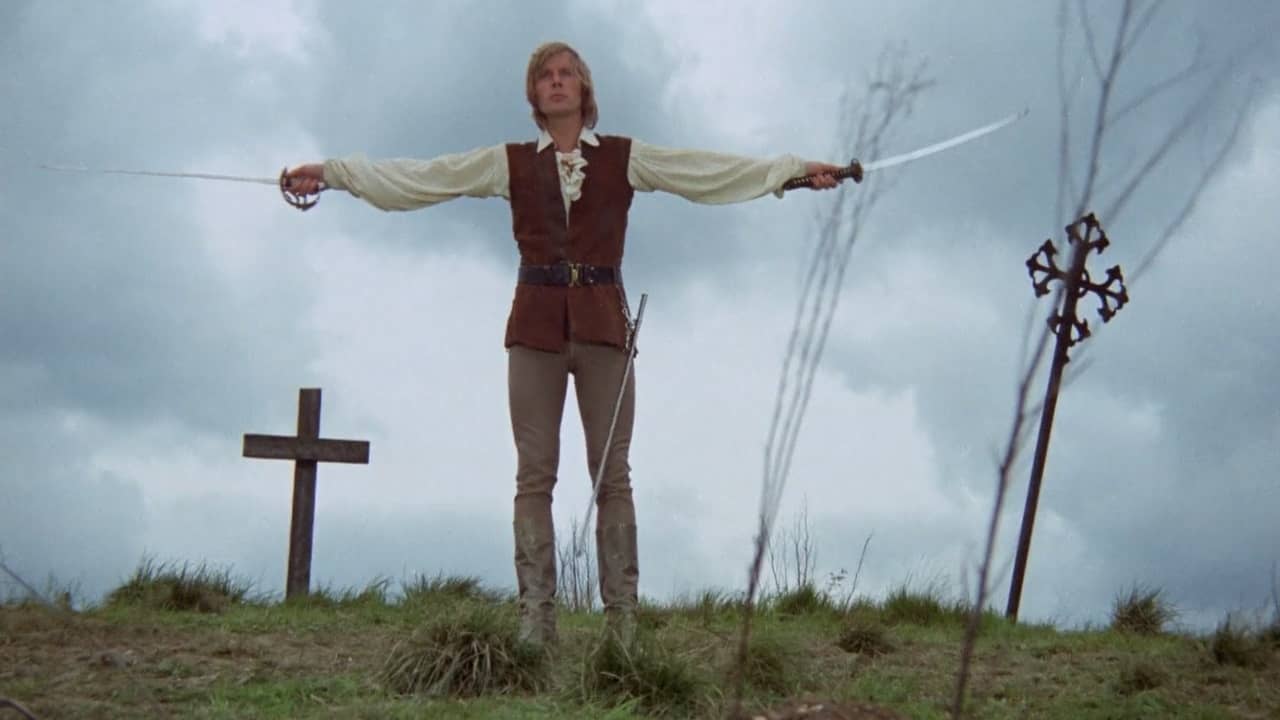
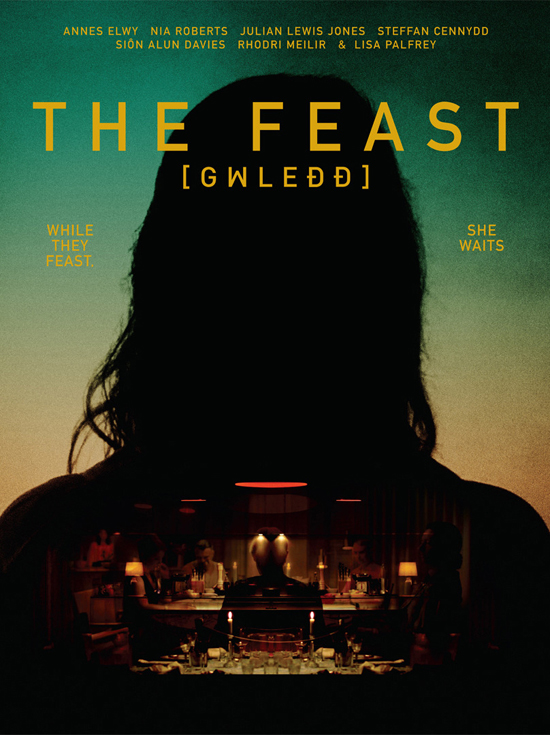
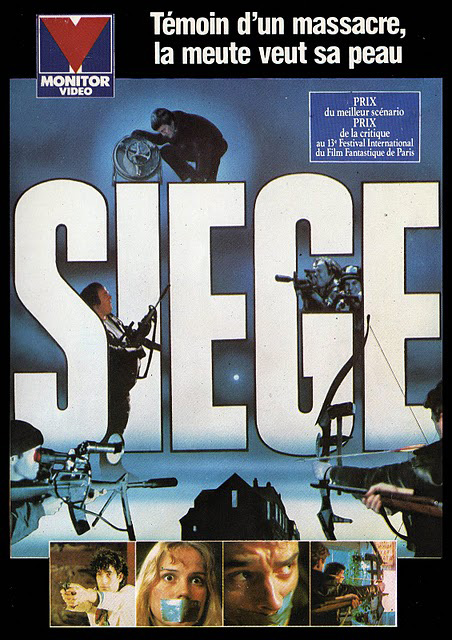 You ever watch one of the long video game cutscenes that passes for movies these days and think “I kinda miss old, raw-looking films, like early Romero and Carpenter. Something that had teeth. Heart. Balls. They don’t make ’em like that anymore.”
You ever watch one of the long video game cutscenes that passes for movies these days and think “I kinda miss old, raw-looking films, like early Romero and Carpenter. Something that had teeth. Heart. Balls. They don’t make ’em like that anymore.”